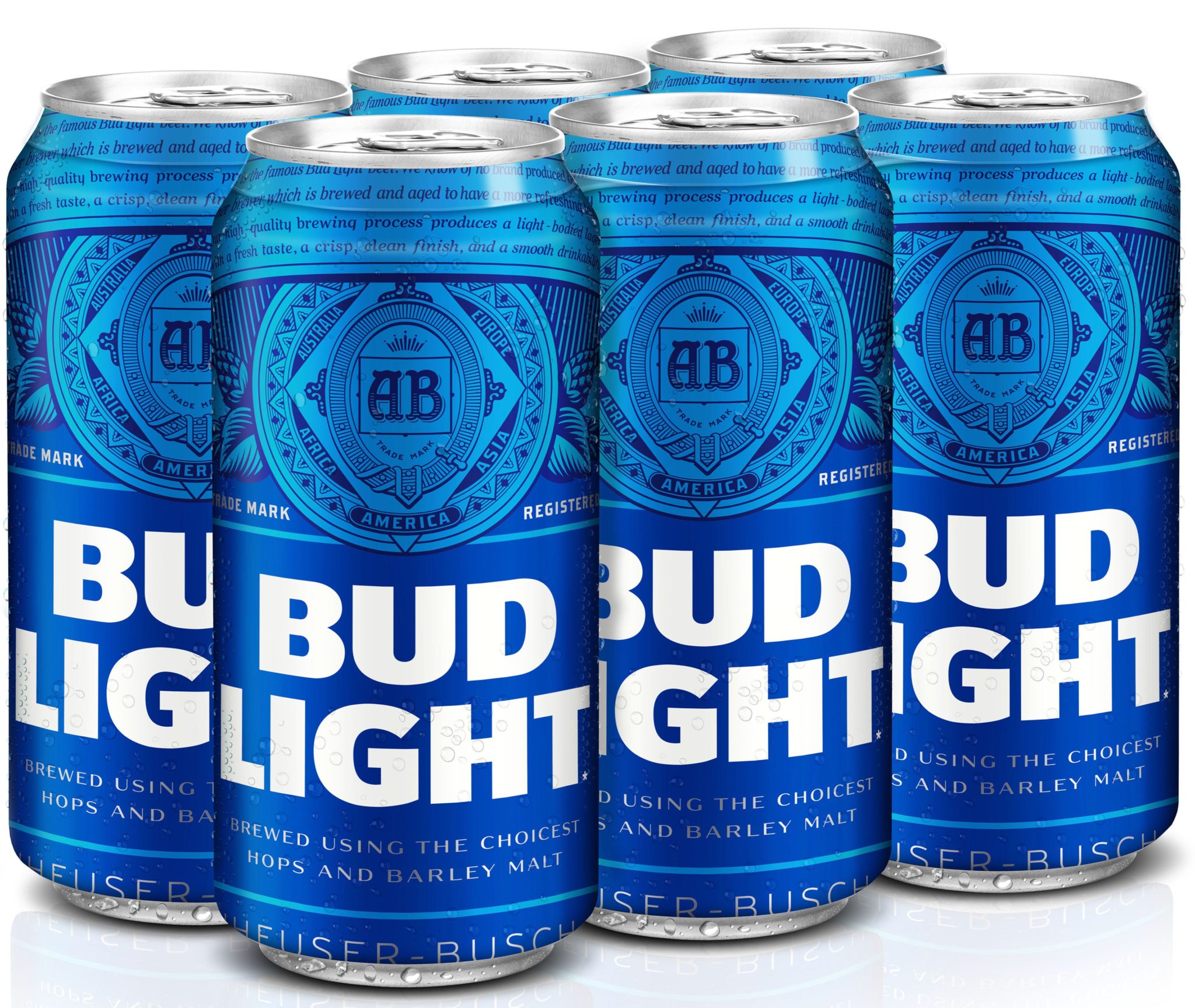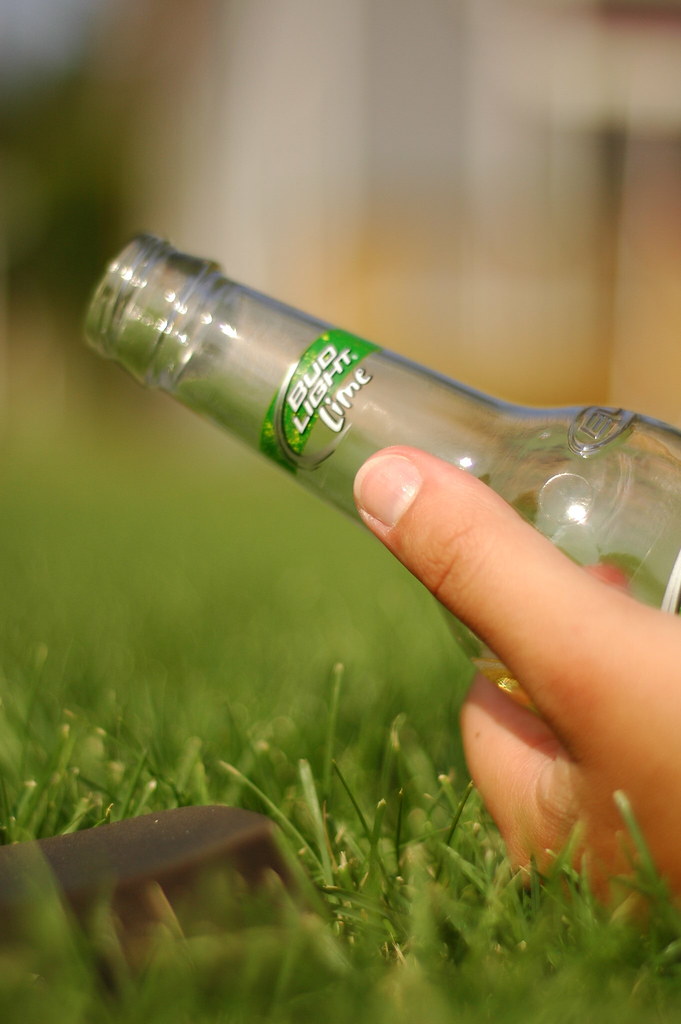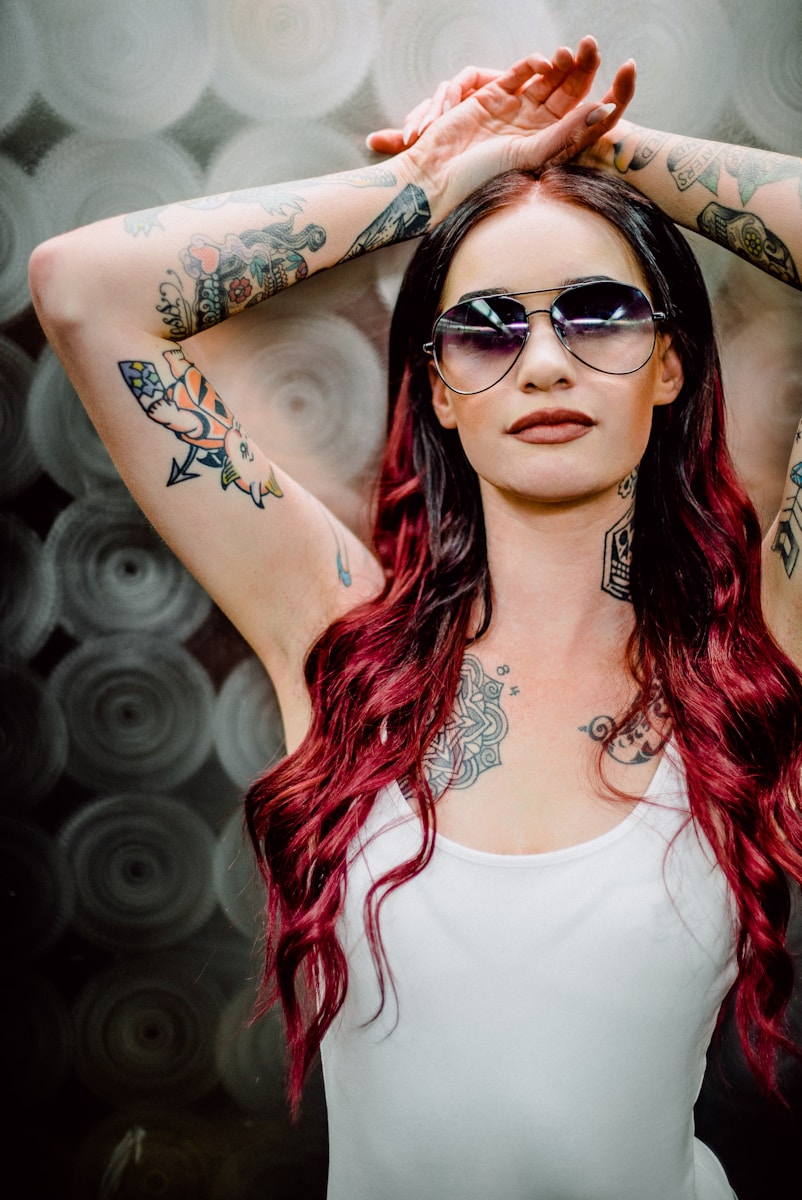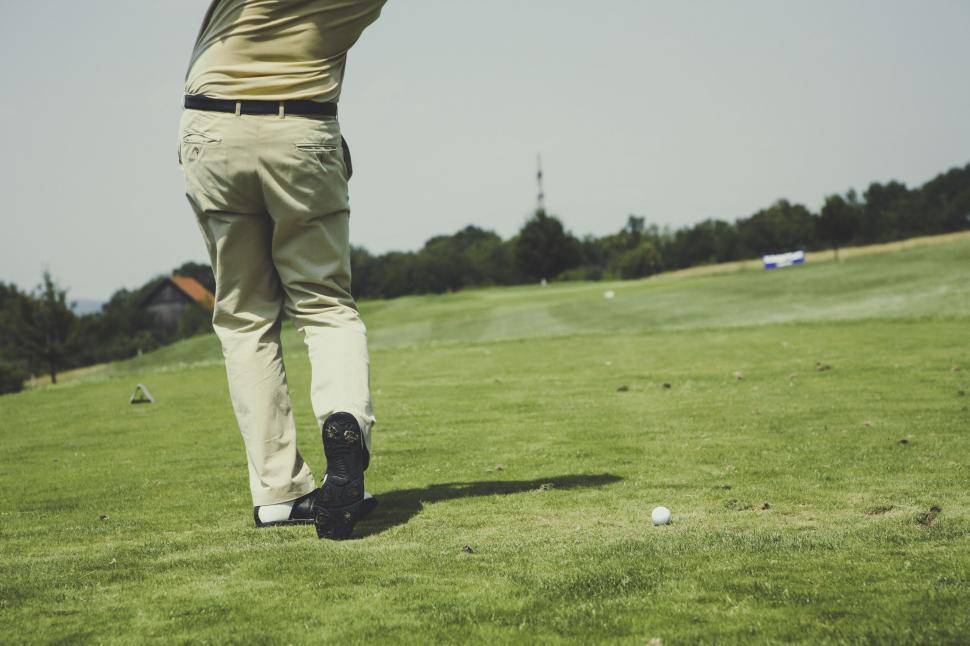
More than a year after a massive boycott over its association with a transgender influencer, Bud Light, once the top-selling beer in the U.S., has continued to decline. The widely reported controversy and subsequent consumer reaction have undoubtedly impacted the brand’s performance, resulting in a decline in sales and market share.
Market data shows a clear shift in the competitive landscape. According to the Wall Street Journal, Bud Light accounted for 6.5% of U.S. store beer sales in the four weeks ending July 6. This is a sharp contrast to its ranking in February 2023 (before the controversy broke out), when Bud Light accounted for more than 10% of total U.S. retail store beer sales.
This decline has allowed competitors to take advantage of the situation. Modelo Especial surpassed Bud Light when the boycott began in May 2023 and remains the best-selling beer in the U.S., accounting for 9.7% of dollar sales in the specified four-week period. Michelob Ultra surpassed Bud Light to take the second place, accounting for 7.3% of the market share in the same time period.
While the decline in Bud Light sales is a significant decline for the brand, it is important to analyze it in the context of the financial impact of its parent company, Anheuser-Busch InBev. The overall picture is more complex than just focusing on the performance of individual brands, with some areas experiencing declines but others showing resilience and growth.

AB InBev’s earnings report provides a broader perspective. In the first three months of 2024, AB InBev’s global total sales reached $14.5 billion. However, sales in the US market fell 9.1% in the January-March period of 2024. The company said sales to retailers fell 13.7%, mainly due to the decline in Bud Light beer sales.
Despite the challenges in the US market, AB InBev, the world’s largest brewer, still achieved global total revenue growth. In the first three months of 2024, revenue increased by 2.6%. The company achieved this growth even when total global beer sales fell by 1.3%, indicating that sales of higher-priced products promoted revenue growth.
Full-year figures for 2023 also shed light on the company’s financial performance. AB InBev reported that operating profit (excluding financial factors such as interest and taxes, used to indicate basic performance) increased by 7% to $19.98 billion in 2023. Full-year total revenue increased by 7.8% to $59.38 billion.

While the company celebrated continued earnings growth and improvements such as debt reduction and a credit rating upgrade, it also acknowledged the impact on the U.S. market. For the full year 2023, U.S. revenue fell 9.5%, with a sharp drop of 17.3% in the fourth quarter, which the company attributed largely to a decline in Bud Light sales.
Looking specifically at the sales impact related to the controversy, one report cited a figure of $1.4 billion. According to the report in the context provided, “$1.4 billion. That’s Bud Light’s lost sales in the U.S. beer market after last year’s controversy.” Another report cited AB InBev’s fourth-quarter results, noting that North American organic revenue plunged $1.4 billion in 2023, primarily due to a decline in Bud Light sales.
It’s also worth noting that the company “lost more than $27 billion in value” after the controversy, which refers to the decline in market capitalization, which reflects a company’s stock price and number of shares outstanding, rather than sales revenue or profit figures.
Product on Amazon: Bud Light Platinum Beer, 12 Pack Beer, 12 FL OZ Cans
Brand: Brand: Bud Light
Price: 13.99 USD
Rating: 5 Total reviews: 1
Features:
1. 12 pack of 12 fl oz cans of Bud Light Platinum Beer
2. American-style, premium beer that takes classic Bud Light to the next level
3. Light beer that features a smooth and slightly sweet finish
4. Triple filtered and brewed with mild hops and a unique combination of golden malts and cereal grains
5. Contains 139 calories per serving and has a 6% ABV
Shopping on Amazon >>

Bud Light’s market share recovery is considered slow. CEO Michel Doukeris said Bud Light only recovered 1.2 percentage points of market share from May to February. The recovery is slow, about 0.1 to 0.2 percentage points every three to four weeks, which is lower than the company expected, but it is understood to have made progress.
The decline in Bud Light sales is set against a backdrop of a broader industry environment. The beer market is facing an industry-wide slowdown as younger consumers’ consumption habits evolve. This group is increasingly turning away from traditional alcoholic beverages in favor of alternatives such as legal cannabis and non-alcoholic beer, which is driving the transformation of the entire industry.
Bud Light’s performance problems have been mitigated to some extent by AB InBev’s portfolio strategy. The company also owns Michelob Ultra and Busch Light, both of which have seen sales growth. This means that despite the decline in Bud Light sales, AB InBev can still occupy two of the top three best-selling beer brands in the US market.
In an interview discussing first-quarter 2024 results, CEO Michel Doukeris expressed excitement about the strong momentum across the company’s brands, highlighting Michelob Ultra and Busch Light, as well as other products such as vodka soda brand Nütrl and Cutwater canned cocktails, which are showing “very strong growth.”

The reported financial impact includes a $1.4 billion drop in U.S. beer sales last year, a corresponding decline in North American organic revenues, and a significant but telling reduction in market capitalization, suggesting that the controversy has had material consequences. However, these figures are set in the context of a large, multinational company that is dealing not only with specific brand challenges but also with changing consumer preferences and industry trends.



